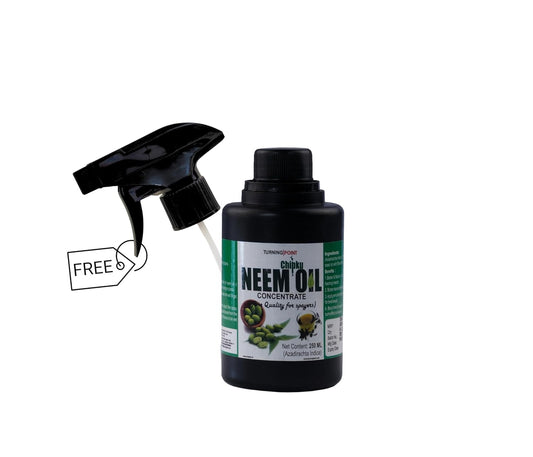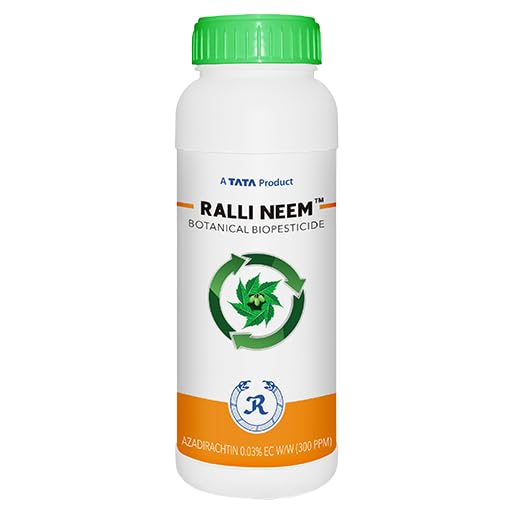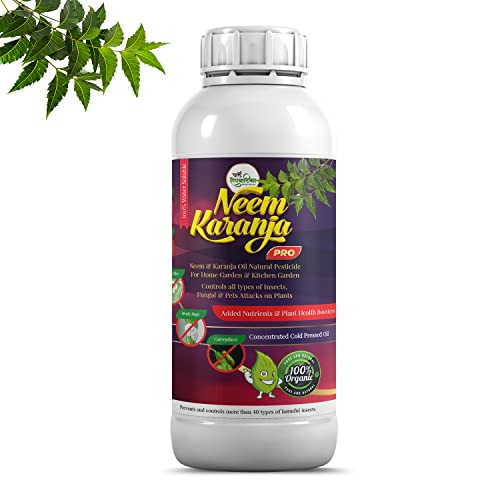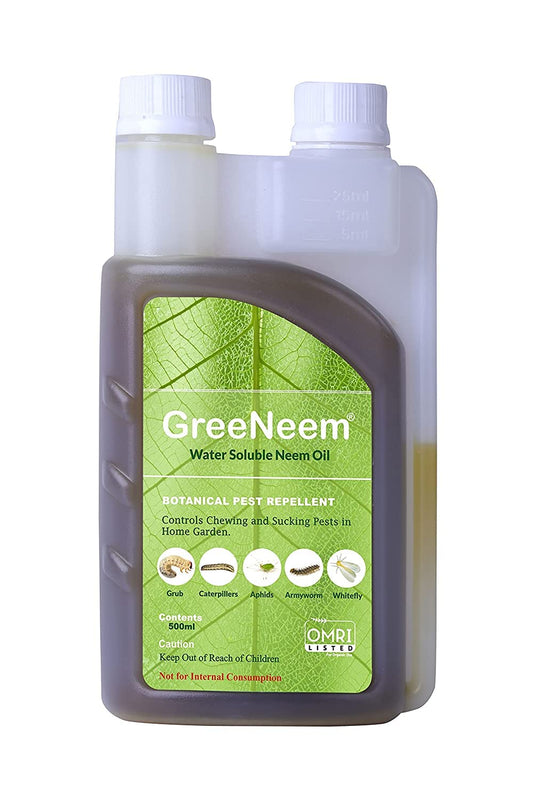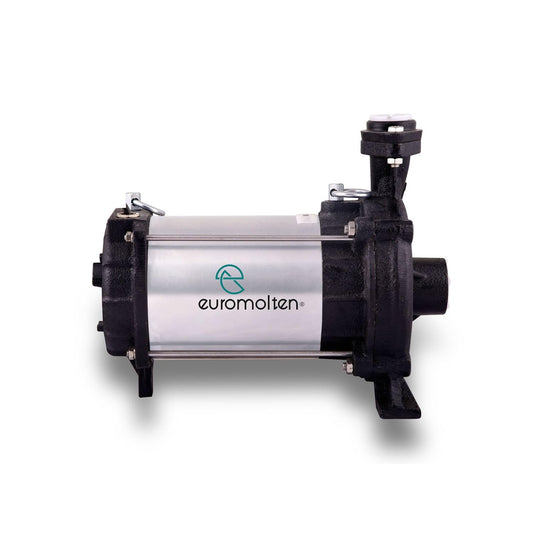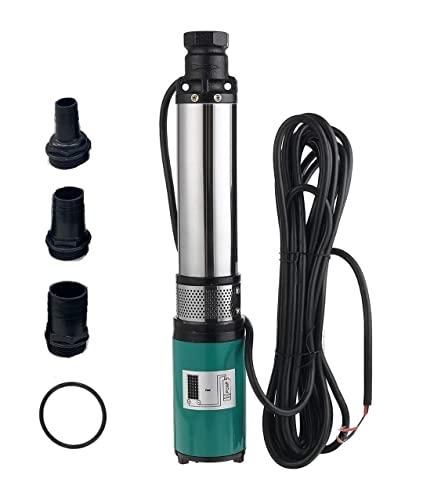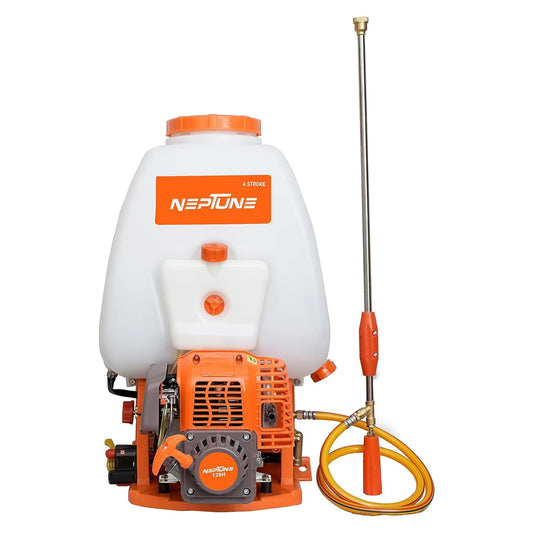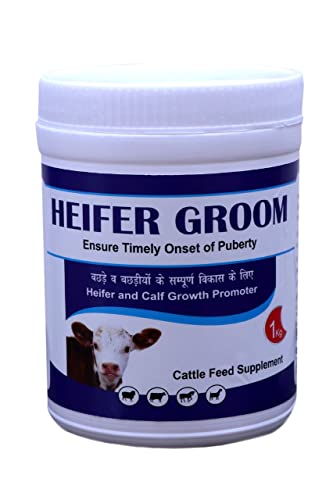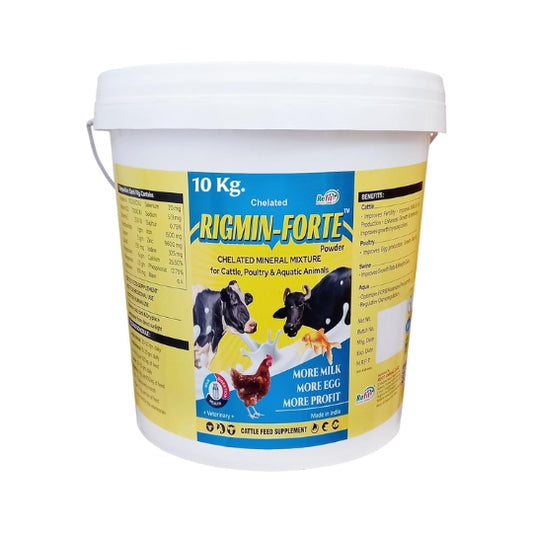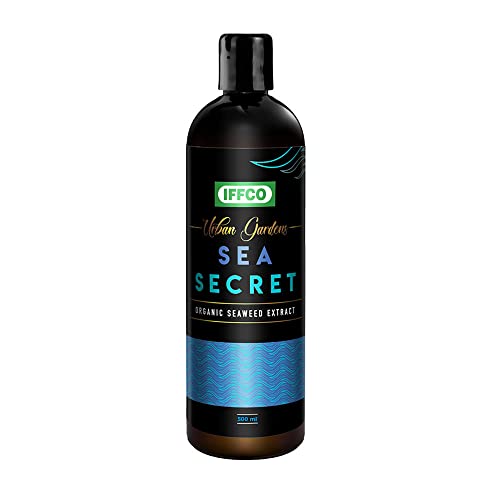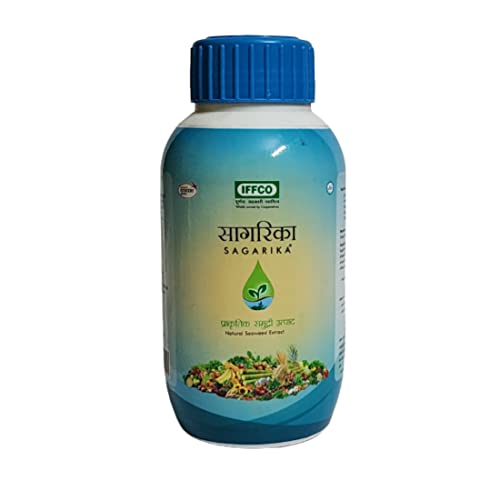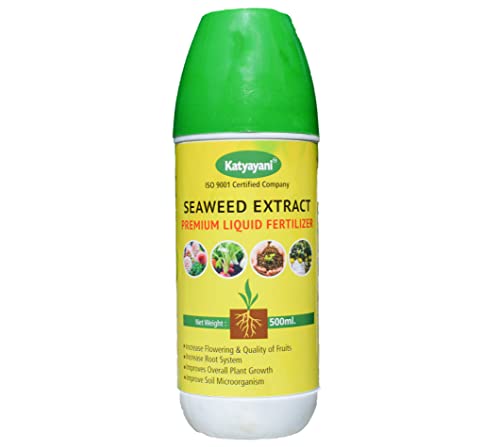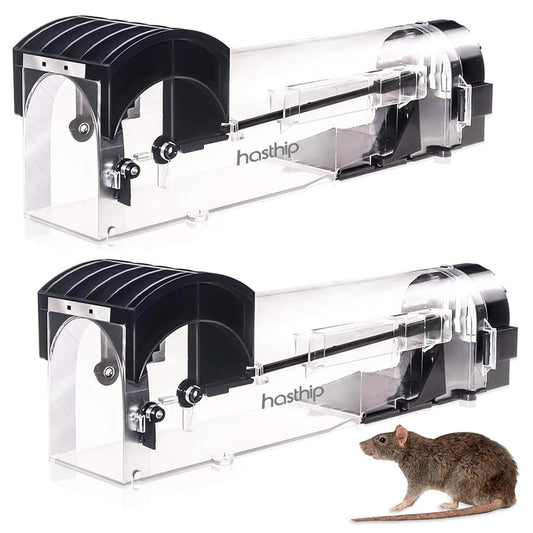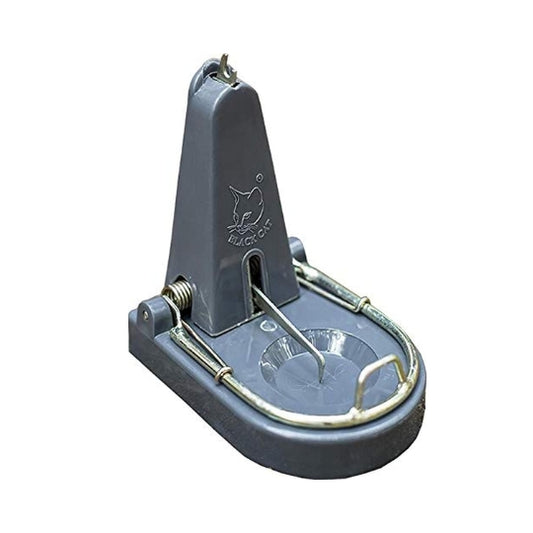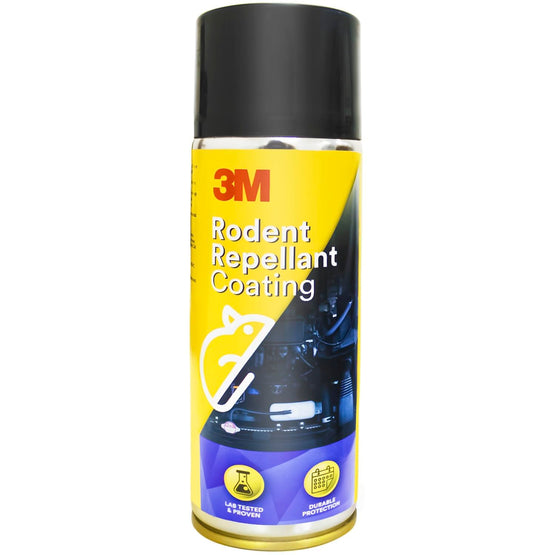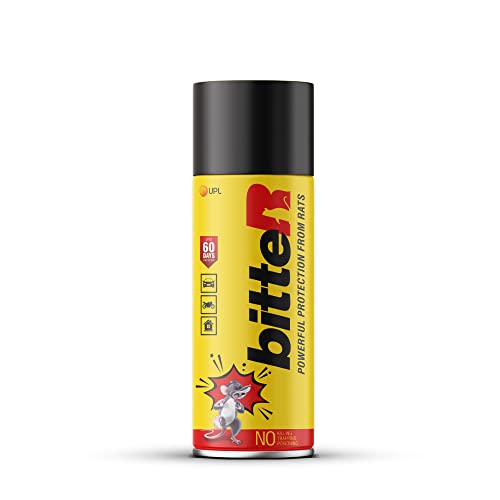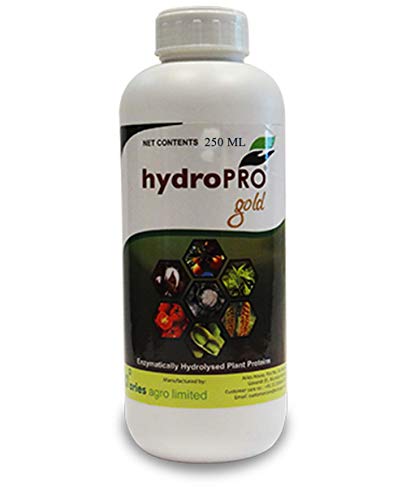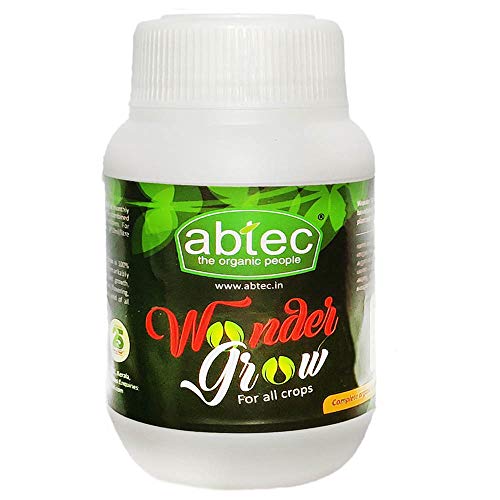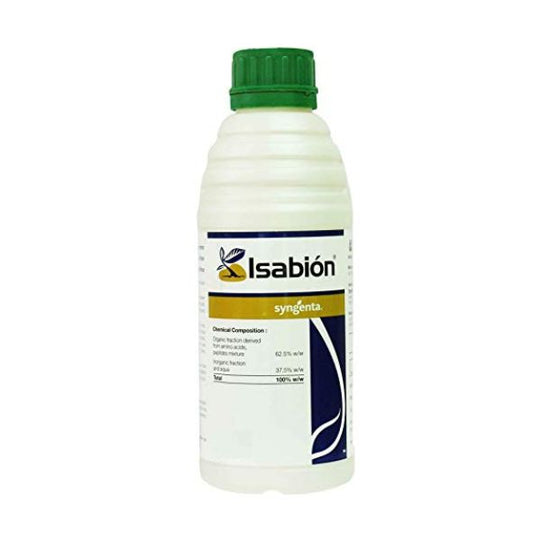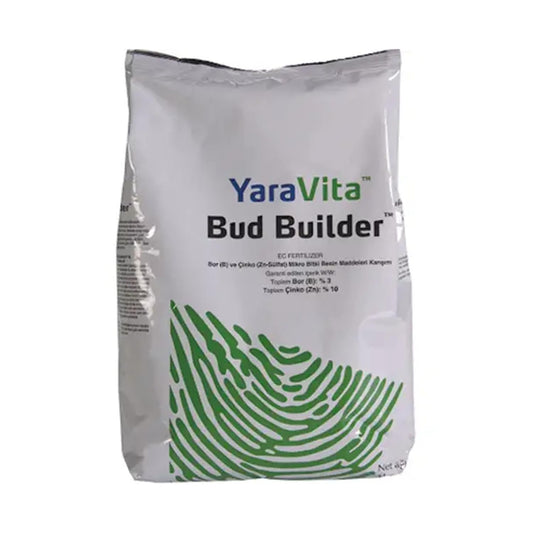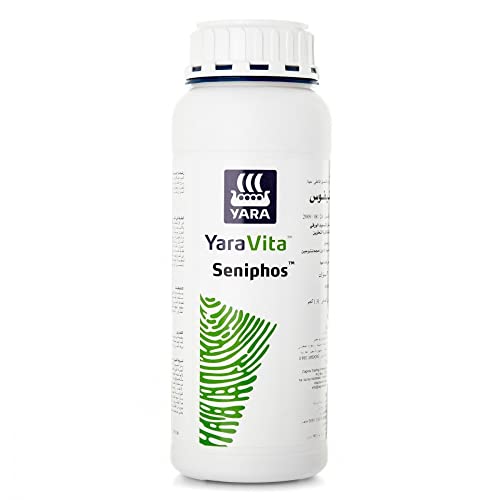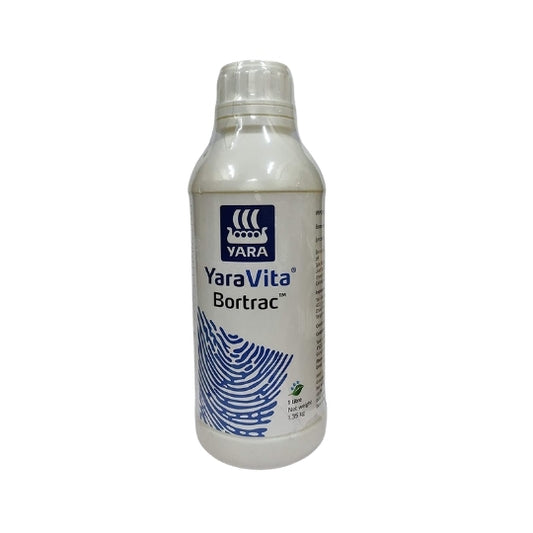1
/
of
5
resetagri
Crop Virus Control: VC-100 & Acetamiprid/Pegasus Guide | Prevention & Treatment
Crop Virus Control: VC-100 & Acetamiprid/Pegasus Guide | Prevention & Treatment
Virus Spread in Crops:
Plant viruses are obligate parasites, meaning they can only replicate inside living plant cells. They can spread in several ways:
Vector Transmission:
- This is the most common method. Insects like aphids, whiteflies, thrips, and leafhoppers feed on infected plants and then transmit the virus to healthy plants.
- These insects act as vectors, carrying the virus from one plant to another.
Mechanical Transmission:
- Viruses can be spread through contaminated tools, equipment, or hands during pruning, grafting, or other agricultural practices.
- Wounds on plants provide entry points for the virus.
- Even simple rubbing of infected plant material against healthy plants can transmit some viruses.
Seed and Pollen Transmission:
- Some viruses can be transmitted through infected seeds or pollen, leading to infected seedlings.
- This is a significant concern for crops grown from seeds.
Grafting:
- When grafting, if the scion or rootstock is infected, the entire new plant will also be infected.
Nematode Transmission:
- Some viruses are transmitted by nematodes that feed on plant roots.
Common Crop Viruses:
Leaf Curl Virus (LCV):
- Affects various crops, including tomatoes, chili peppers, and cotton.
- Causes leaf curling, stunted growth, and reduced yield.
- Whiteflies are a common vector.
Mosaic Virus:
- Affects a wide range of plants, including tobacco, cucumbers, and tomatoes.
- Causes mottled or mosaic-like patterns on leaves, stunted growth, and reduced fruit production.
- Aphids and mechanical transmission are common spreaders.
Ring Spot Virus:
- Affects crops like papaya, causing ring-shaped spots on leaves and fruit.
- Reduces fruit quality and yield.
- Aphids are a common vector.
Yellow Mosaic Virus:
- Common in crops such as Okra, causing yellowing of leaves and reduced yield.
- Whiteflies are a common vector.
PRSV (Papaya Ring Spot Virus):
- Attacks Papaya trees, causing ring like spots on the fruit, and leaf distortion.
- Aphids are the primary vector.
Recommendations based on VC-100 information:
Based on the provided information, VC-100 is presented as a bio-product designed to combat various plant viruses. Here are the key recommendations:
Combined Application:
- VC-100 must be used in conjunction with Acetamiprid 20% SP or Pegasus.
- The recommended ratio is 5 grams of VC-100 and 1 gram of Acetamiprid per liter of water.
Application Method:
- Mix both products thoroughly in water.
- Spray the solution evenly on the entire plant.
- Drench the soil around the plant's roots with the solution.
Target Crops:
- VC-100 is claimed to be effective on a wide range of crops, including papaya, chili, tomato, cucumber, potato, and others.
Preventative and Curative:
- The product is advertised to both prevent viral infections and treat existing ones.
- It claims to boost the plant's natural immunity.
Important Considerations:
- Acetamiprid is a neonicotinoid insecticide. Neonicotinoids have been linked to harm to pollinators, so use with caution, and follow all safety instructions.
- "Pegasus" likely refers to Diafenthiuron, which is an insecticide/acaricide. Again, follow all safety instructions.
- The product is described as "bio" or "organic" however, the use of Acetamiprid, or Diafenthiuron, makes the mixture a chemical pesticide mixture.
- Always follow the instructions on the product label.
Share
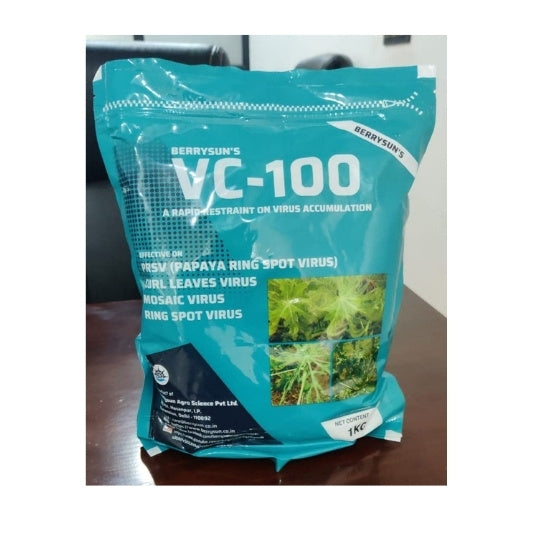
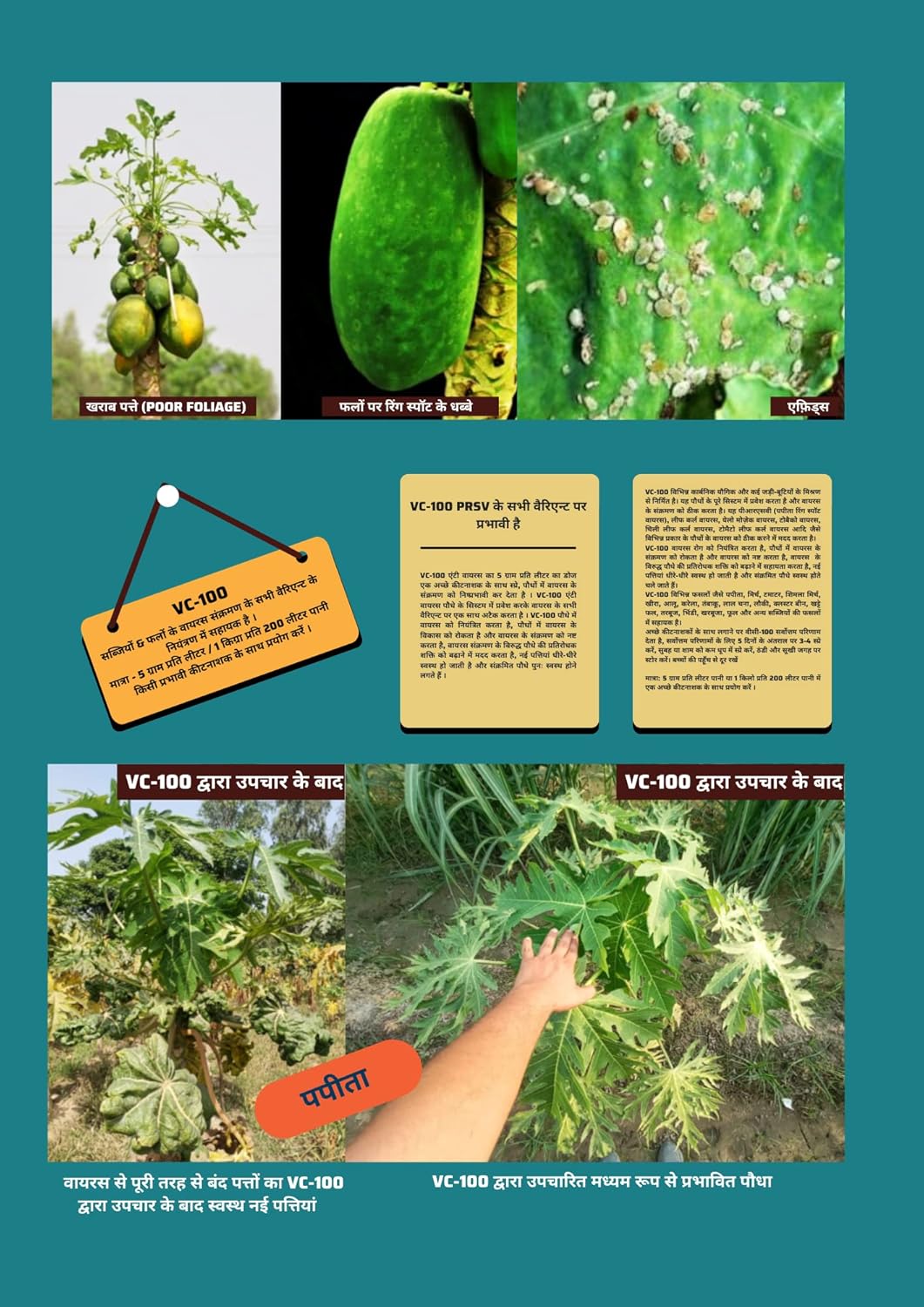
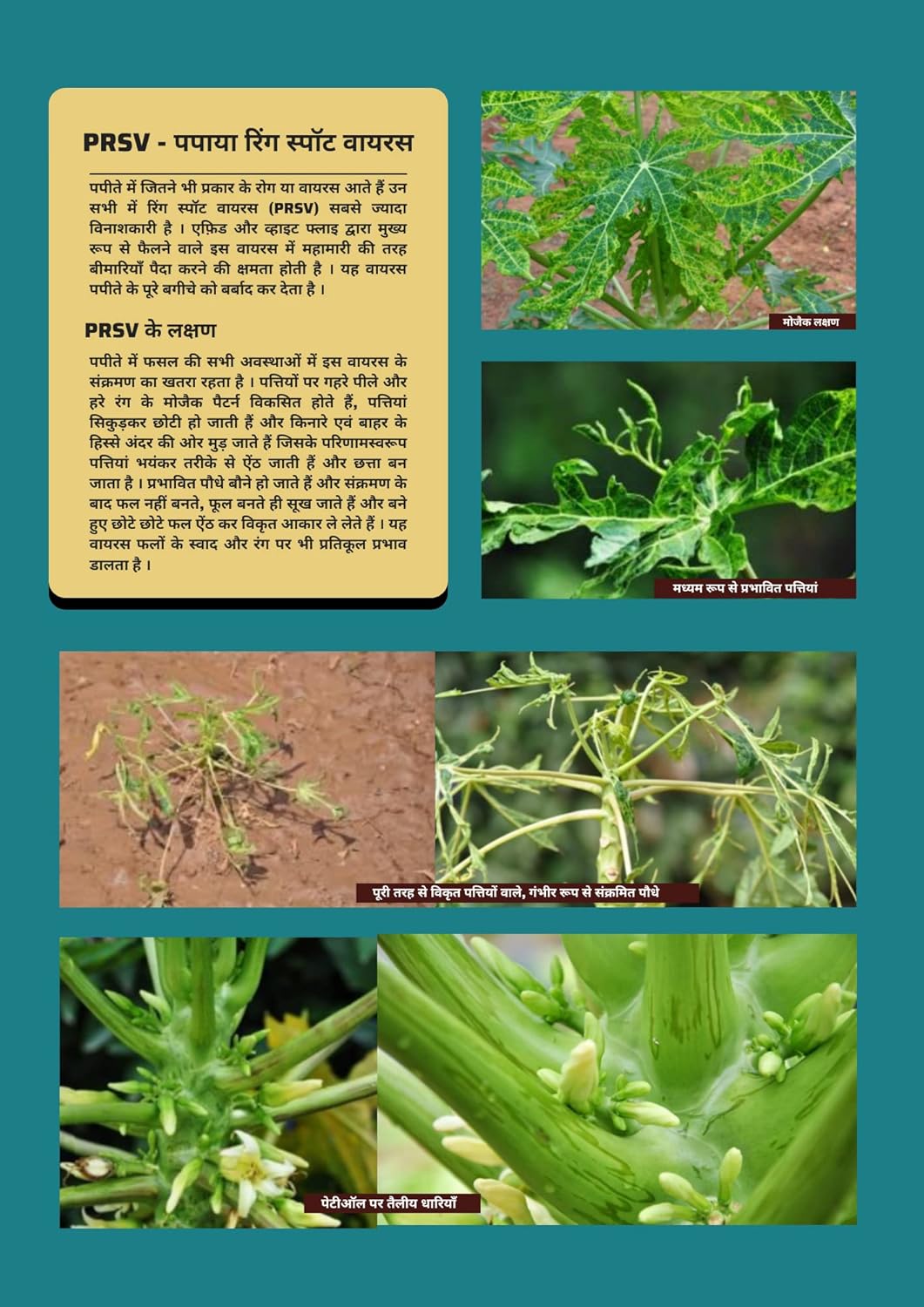
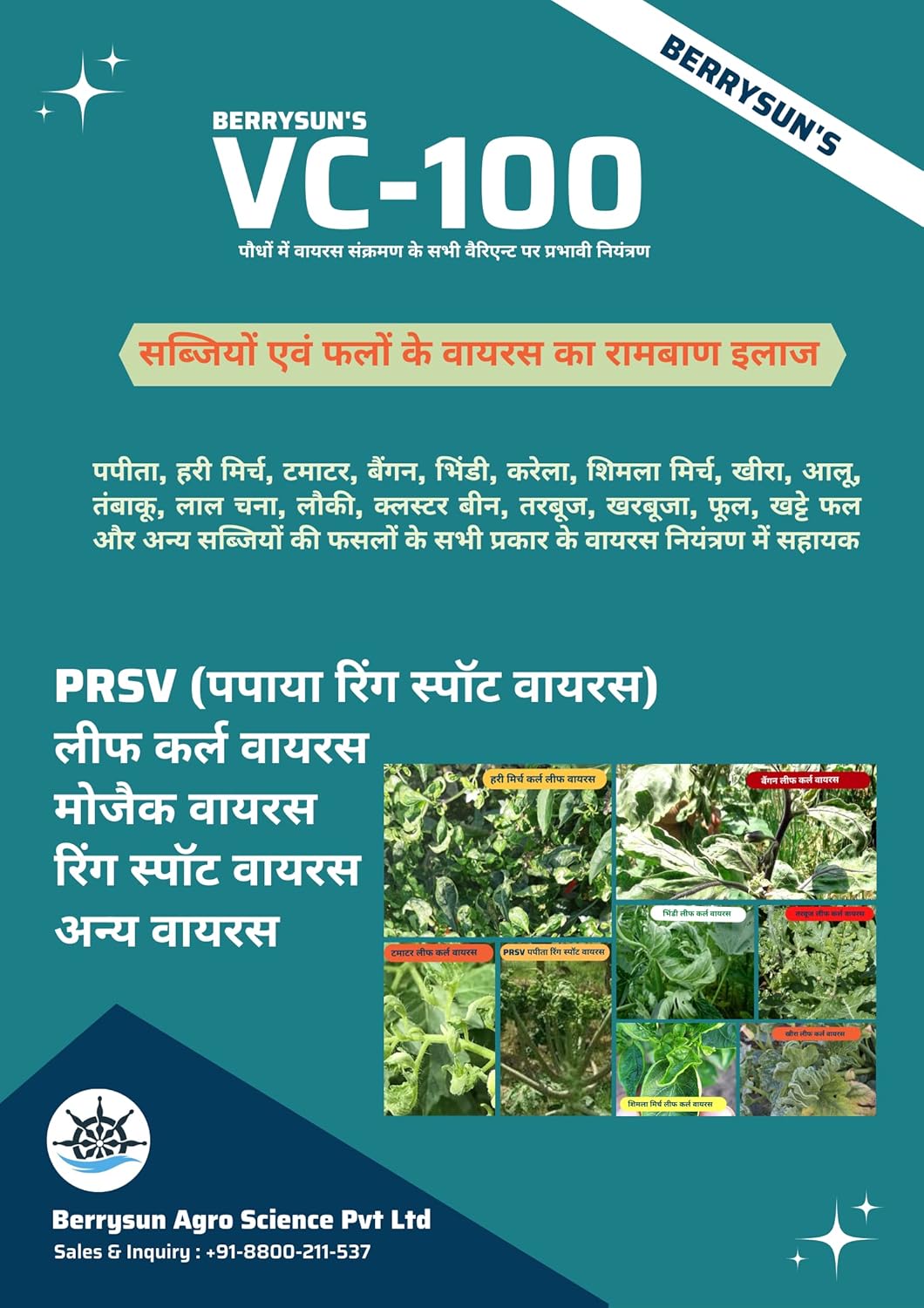
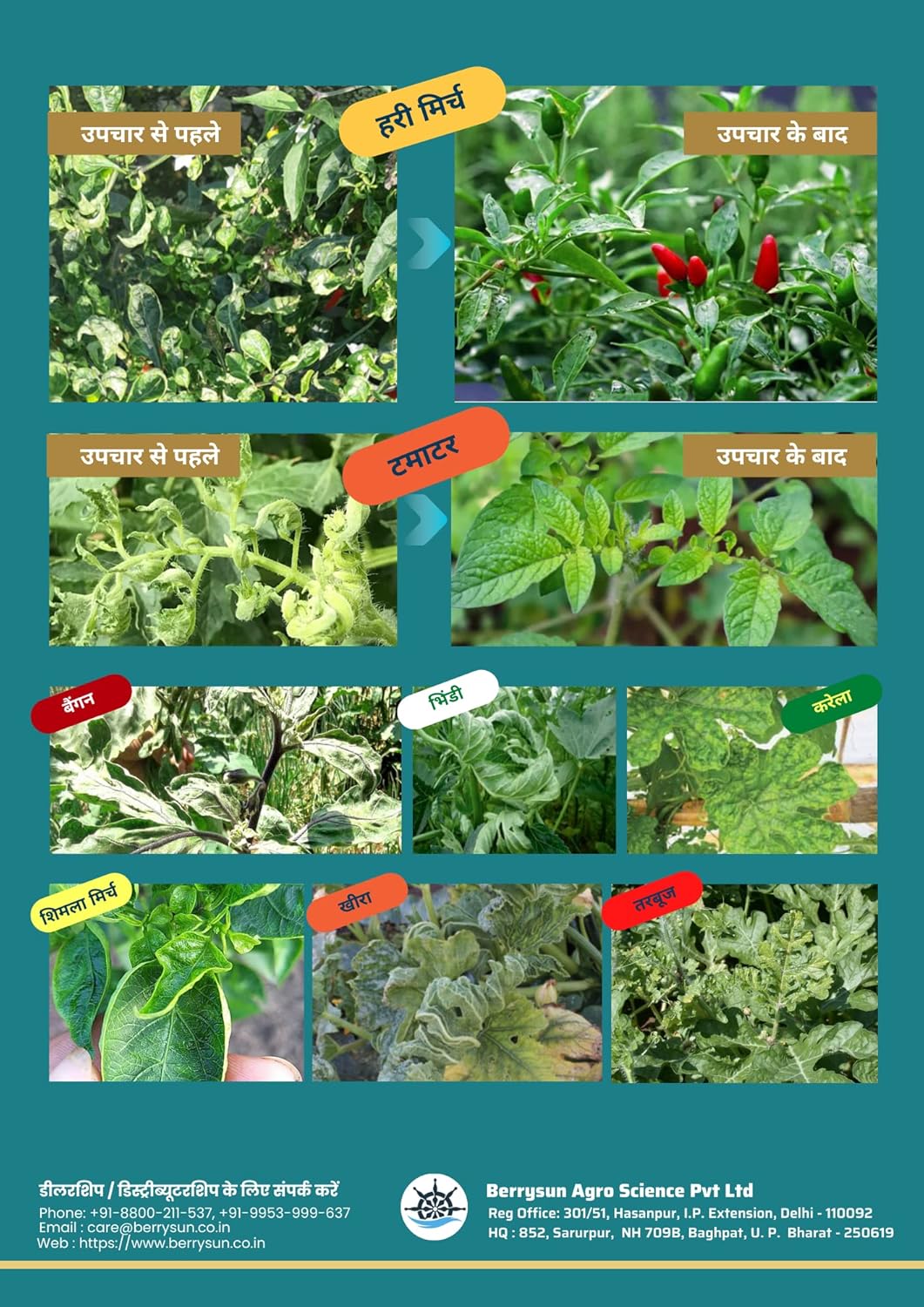
Explore more offers!
-
Limited Time Offers: Get Discounted Neem Oil, Free Delivery, and More!
Regular price Rs. 294.00Regular priceUnit price / perRs. 300.00Sale price Rs. 294.00Sale -
Protect Your Crops Naturally with Ralli Neem 300 PPM – The Trusted Choice!
Regular price Rs. 700.00Regular priceUnit price / perRs. 735.00Sale price Rs. 700.00Sale -
Neem Oil & Karanja Oil PRO Mix 100ml | 100% Water Soluble for Plants Insects Spray Pesticide for Plants Home Garden Organic pest Control, for Insecticide Spray
Regular price Rs. 260.00Regular priceUnit price / perRs. 320.00Sale price Rs. 260.00Sale -
Be a Happy User of GreeNeem and Enjoy Offers on Amazon
Regular price Rs. 361.00Regular priceUnit price / perRs. 764.00Sale price Rs. 361.00Sale
-
EUROMOLTEN Submersible Pump
Regular price Rs. 8,790.00Regular priceUnit price / perRs. 14,000.00Sale price Rs. 8,790.00Sale -
FLOJOY Asian Pump & Machineries Dc 24V 250W Solar Submersible Water Pump
Regular price Rs. 7,500.00Regular priceUnit price / perRs. 68,000.00Sale price Rs. 7,500.00Sale -
Get Your Crops Thriving: Powerful Sprayer, Easy Farming!
Regular price Rs. 11,999.00Regular priceUnit price / perRs. 16,500.00Sale price Rs. 11,999.00Sold out -
Tired of Wild Animals Ruining Your Crops? Get Peace of Mind with a Solar Fence!
Regular price Rs. 3,499.00Regular priceUnit price / perRs. 7,899.00Sale price Rs. 3,499.00Sale
-
Boost Calf & Heifer Growth! See Real Results.
Regular price Rs. 449.00Regular priceUnit price / perRs. 668.00Sale price Rs. 449.00Sale -
Healthy Animals, Happy Owners
Regular price Rs. 500.00Regular priceUnit price / perRs. 1,000.00Sale price Rs. 500.00Sale -
Chelated Mineral Mixture | Cattle Mineral Mixture | Cow Mineral Mixture | Buffalo Mineral Mixture | Goat Mineral Mixture | Chicken Mineral Mixture | Poultry Supplement | Milk Production | Animal Growth | RIGMIN-FORTE | Animal Vitamins and Minerals
Regular price Rs. 1,842.00Regular priceUnit price / perRs. 2,199.00Sale price Rs. 1,842.00Sale -
Happy, Healthy Animals: Buy Mineral Block Animal Lick That Saves You Money!
Regular price Rs. 450.00Regular priceUnit price / perRs. 799.00Sale price Rs. 450.00Sale
-
Give Your Plants the Secret to Bumper Harvests & Vibrant Growth!
Regular price Rs. 399.00Regular priceUnit price / perRs. 600.00Sale price Rs. 399.00Sale -
IFFCO Sagarika Natural Seaweed Extract Liquid Plant Growth Promoter | Seaweed Fertilizer Price & Offer
Regular price Rs. 440.00Regular priceUnit price / perRs. 600.00Sale price Rs. 440.00Sale -
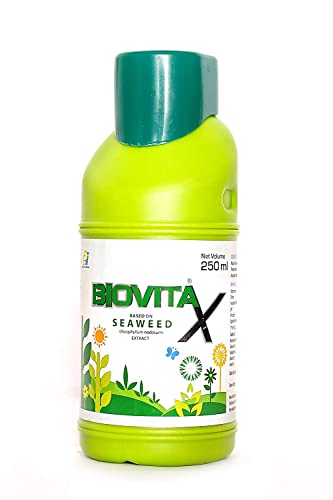
PI Industries Organic Biovita Liquid Seaweed Plant Growth Regulator For Home Garden & Plants (250Ml)
Regular price Rs. 160.00Regular priceUnit price / perRs. 250.00Sale price Rs. 160.00Sale -
Katyayani Seaweed Extract Water Soluble Liquid | Organic Plant Growth Promoter & Bio-Stimulant | 500ml x 1 |
Regular price Rs. 295.00Regular priceUnit price / perRs. 1,240.00Sale price Rs. 295.00Sale
-
Great Product, Worth the Money: Real Customers, Real Results Against Rats and Mice!
Regular price Rs. 0.00Regular priceUnit price / per -
Black Cat Standard Rat Trap
Regular price Rs. 380.00Regular priceUnit price / perRs. 420.00Sale price Rs. 380.00Sale -
3M Rodent Repellent Coating, Rat Repellent Spray
Regular price Rs. 595.00Regular priceUnit price / per -
bitteR Powerful Protection from Rats
Regular price Rs. 595.00Regular priceUnit price / per
-
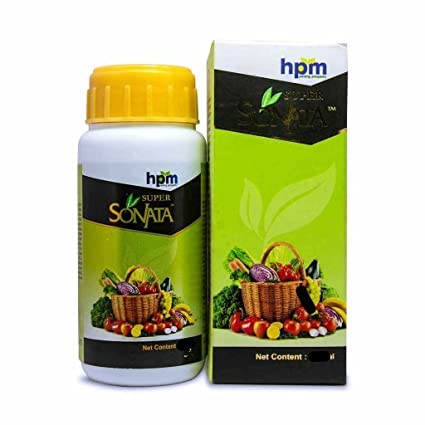 Sale
SaleHPM Super Sonata
Regular price Rs. 1,299.00Regular priceUnit price / perRs. 1,599.00Sale price Rs. 1,299.00Sale -
Hydropro Gold | Plant Nutrition | Proteins, peptides & amino acids
Regular price Rs. 500.00Regular priceUnit price / perRs. 517.00Sale price Rs. 500.00Sale -
Abtec, The Organic People Wonder Grow Concentration Of A Blend Of Humic Acid Potassium Humate, Fulvic Acid, Amino Acid, Seaweed & Plant Extract, Vitamins, Natural Mineral & Microbial Metabolites 100Ml
Regular price Rs. 236.55Regular priceUnit price / perRs. 250.00Sale price Rs. 236.55Sale -
Isabion: Unleash your crops' full potential!
Regular price Rs. 650.00Regular priceUnit price / perRs. 790.00Sale price Rs. 650.00Sale
-
YaraVita Bud Builder for more fruits
Regular price Rs. 1,386.00Regular priceUnit price / perRs. 2,600.00Sale price Rs. 1,386.00Sale -
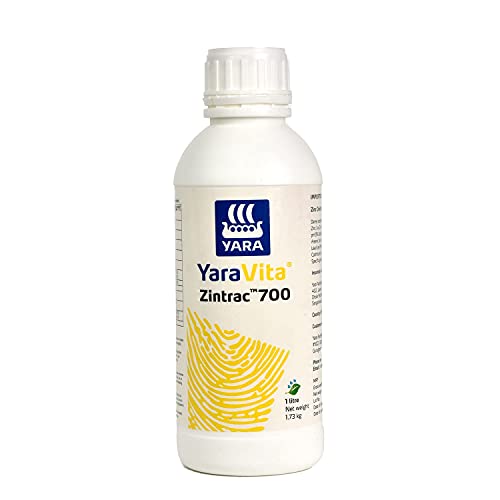
YaraVita Zintrac 700 |Zinc 39.5% Liquid Spray | Plant Growth Fertilizer | Eliminate Zinc Deficiency
Regular price Rs. 1,286.00Regular priceUnit price / perRs. 1,830.00Sale price Rs. 1,286.00Sale -
YaraVita Seniphos (Calcium Di-Hydrogen Phosphate)
Regular price Rs. 1,499.00Regular priceUnit price / perRs. 2,100.00Sale price Rs. 1,499.00Sale -
YaraVita Bortrac | Boron Deficiecy | Foliar Spray | Micronutrient Spray | Improved Flowering | Improved Fruiting
Regular price Rs. 477.00Regular priceUnit price / perRs. 990.00Sale price Rs. 477.00Sale







